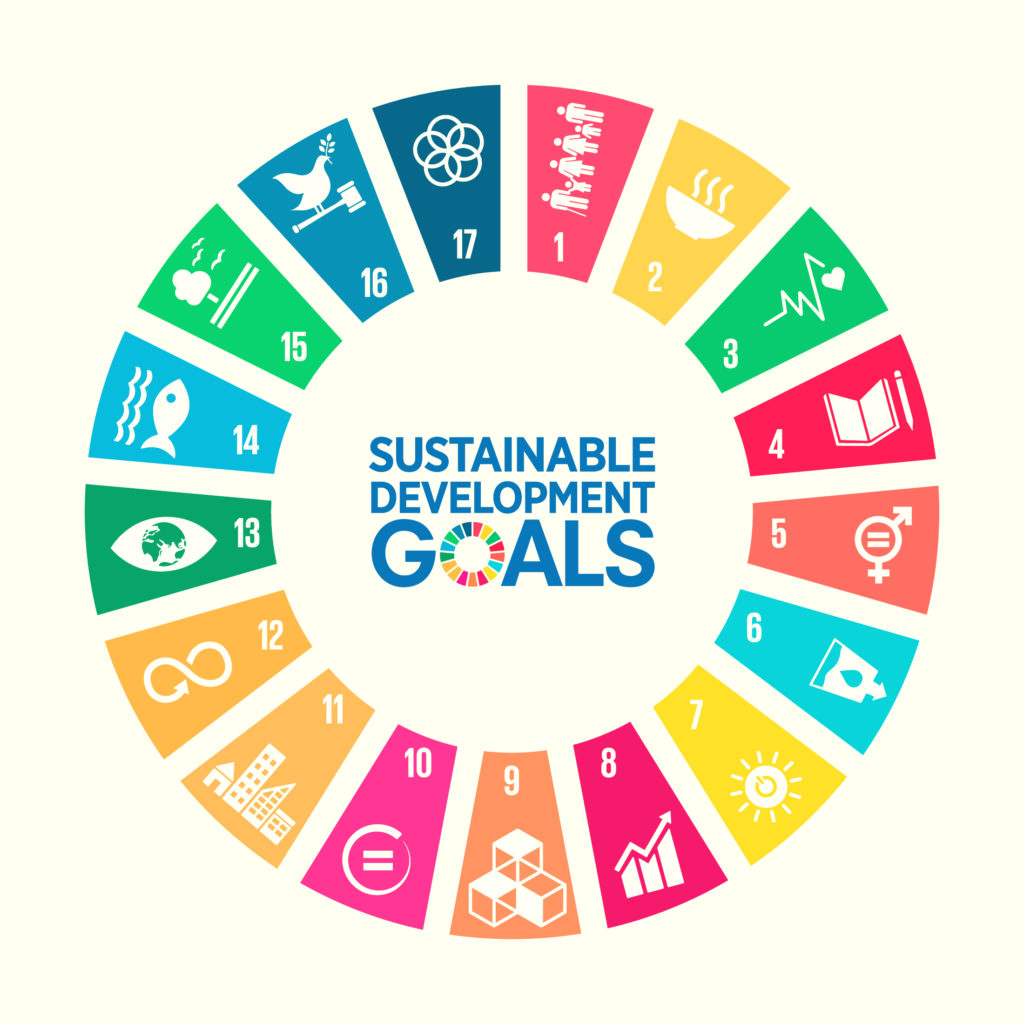|
Getting your Trinity Audio player ready...
|
Imagine a community at a crossroads, seeking a path to sustainable development. They gather to discuss the key elements needed for their progress: structures, legitimacy, inclusion, and ownership.
The discussion begins with structures, likened to the foundation of a building. Without strong institutions and systems such as government bodies, legal frameworks, and educational institutions, the community cannot thrive. These structures provide stability, order, and ensure that essential services like healthcare and education reach everyone, improving quality of life.
Next, they explore the concept of legitimacy, compared to the roots of a tree. Just as a tree needs strong roots, a community must have trust and acceptance in its institutions and leaders. Legitimacy fosters public support for policies and leads to effective implementation. Without it, trust erodes, leading to conflict and unrest.
As the conversation continues, they discuss inclusion, seen as the diverse threads of a tapestry. Every member of the community, regardless of background, should have the opportunity to participate fully in society. Inclusion brings diverse perspectives, fosters innovation, and strengthens social bonds, creating a cohesive and vibrant community.
Finally, they emphasize the importance of ownership, likened to a garden cared for by its owners. When people feel responsible for their development, they are more invested in its success. Ownership empowers them to find local solutions to local problems, ensuring that development reflects their needs and values.
With a shared understanding, the community embarks on a journey toward sustainable development. By building strong structures, fostering legitimacy, embracing inclusion, and taking ownership, they create a resilient and prosperous future, knowing that each element is essential for their collective growth.


